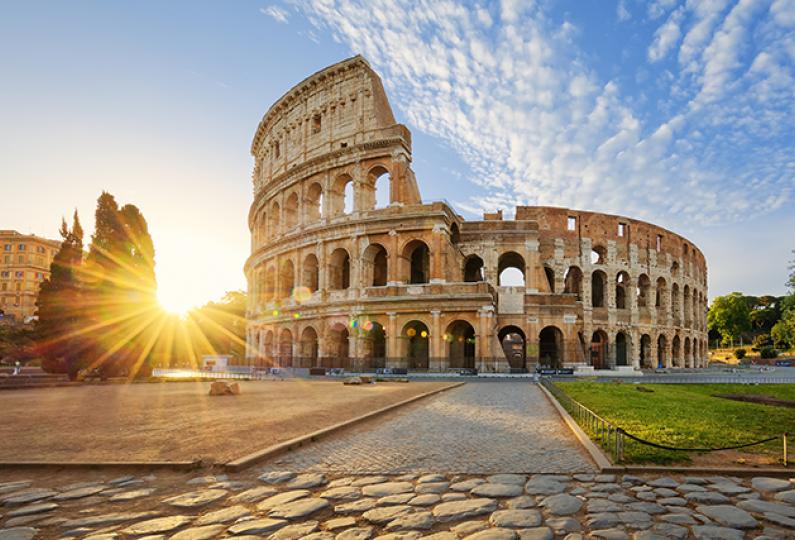Specific details
Nuances of visa processing
When it comes to visa processing, there are certain specifics to consider. The visa center for individuals, whether they're applying for a tourism visa to Italy, a study visa to Italy, or any other type of visa, operates strictly by appointment.
When scheduling an appointment at the visa center, the applicant needs to list all those who will be traveling with them, including children. In the case of group applications, one collective appointment is made, and the consular fee is paid for the entire group with one single receipt. An applicant who hasn't pre-registered will unfortunately be denied service.
If the applicant is planning other international trips prior to their departure to Italy, it is advisable to include hotel reservations and flight tickets in their application. This is crucial as no additional documents can be submitted after the initial application for the visa to study in Italy or any other type of visa has been made.
Certain protocols govern the scheduling process at the visa center. Adjustments to appointment times within the same day aren't possible; if you need to change your appointment, you'll need to reschedule for another day.
For those who have been granted an annual Schengen visa in the previous year, it is permissible to apply for another year-long visa. If you've received three Schengen visas in the last two years, you may request a two-year visa. With a business visa, the duration corresponds with the period indicated in the invitation letter.
Please note that the consulate staff make the final decision on the duration of the visa issuance, including student visas to Italy.
A single-entry visa permits the holder to cross the Schengen border only once; upon exiting, the visa is immediately rendered invalid. A double-entry visa allows two entries and exits from the Schengen area, while a multiple-entry visa permits unrestricted travel within the Schengen area for the duration of its validity.
For six-month visas, including the study visa to Italy, a stay of up to 90 days is permitted. For a one-year visa, a maximum stay of 180 days is allowed. Transit visas are granted for a maximum of five days within a six-month period.
It's crucial to provide all necessary documents at the time of application as you can't supplement your application after submission. Hence, you should ensure you have original documents and all notarized copies at hand before submitting.
If you already hold a valid Schengen visa, you can apply for a new one to begin the day after your current visa expires.
To expedite the application process, it's advisable to use only the standard forms, ensuring they're fully completed and signed. If the trip is urgent, it's recommended to include documents proving the urgency, such as a hotel reservation, a copy of your air ticket, etc.
For those seeking a Schengen visa or a study visa to Italy, the application should be made at the consulate of the country where the majority of your time will be spent. If you plan to visit multiple Schengen countries, apply to the consulate of the country where you'll spend the most time.
In case of equal stay duration across countries, apply to the consulate of the first country on your itinerary. Be prepared to present all cancelled passports (originals and copies) showing visas from the last two years. The Italian Consulate reserves the right to request additional documentation at any point.





